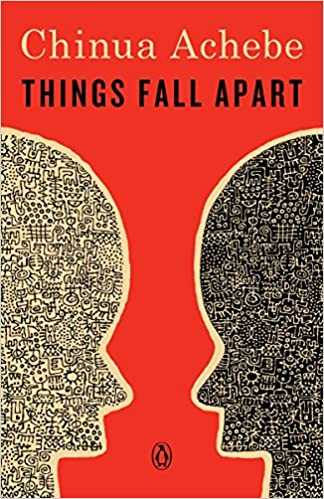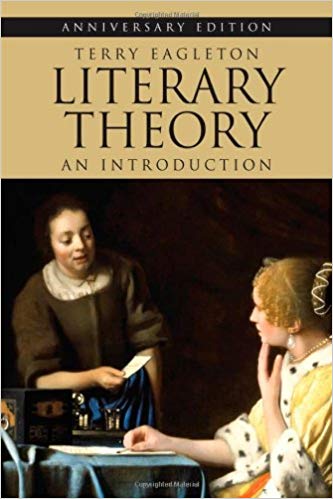Postcolonial Literature, Indep Study F17
Introduction
This course will introduce you to some of the leading concepts in postcolonial scholarship along with some of the major postcolonial authors. The postcolonial cultural production can be roughly divided into three overlapping phases: the works produced during the contact phase, the native responses to colonialism, and the postcolonial cultural production both from the global periphery and the diasporic authors. Postcolonialism is a dynamic, expansive, and contested field of literary study involving a high degree of multidisciplinarity and theoretical innovation. This course will also introduce you to the early and current debates of the field and possibilities of the field in the future. We will pay special attention to the current state of high capital and neoliberal globalization and the artistic and critical responses being offered in resistance.
Required Texts
Ania Loomba. Colonialism/Postcolonialism. Second Edition. Routledge.
Edward Said. Orientalism.
Flora Nwapa. Efuru. London: Heinemann, 1966.
Handouts
1. Ella Shohat. Notes on the “Post-Colonial”.
2. Anne McClintock. The Angel of Progress. . .
3. Arif Dirlik. The Postcolonial Aura.
4. Stuart Hall. When was the Post-colonial?
5. Gayatri Spivak. Can the Subaltern Speak?
6. Homi Bhabha. Signs Taken For Wonders.
7. David Scott. The Social Construction of Postcolonial Studies.
8. Intellectuals and Power.



Leave A Comment